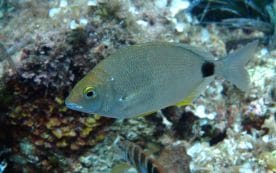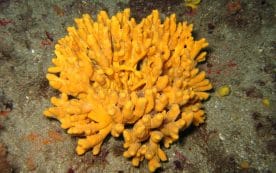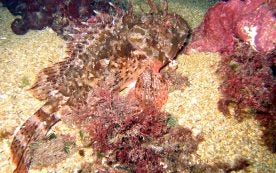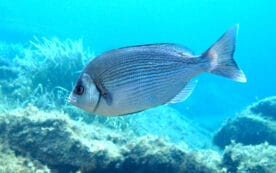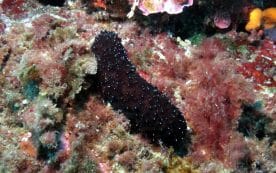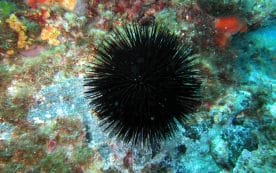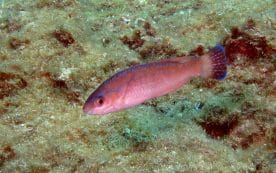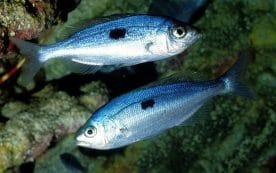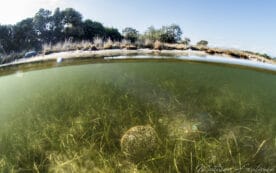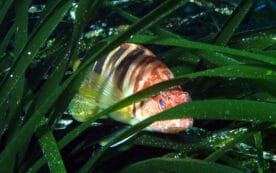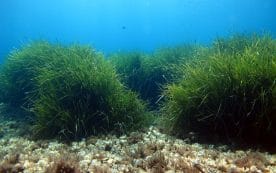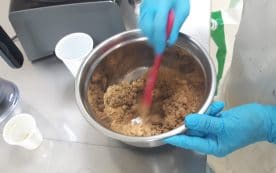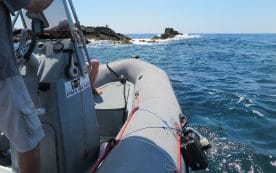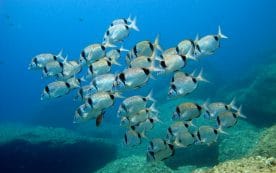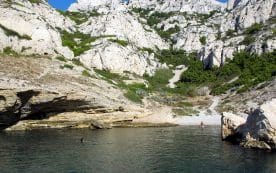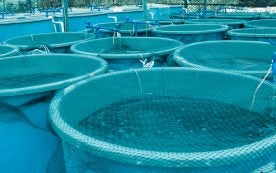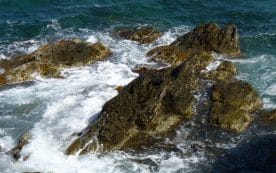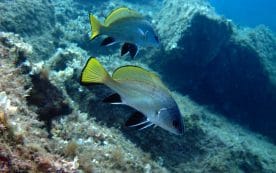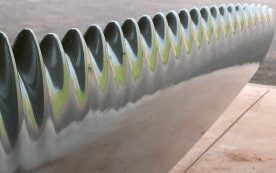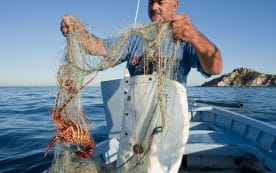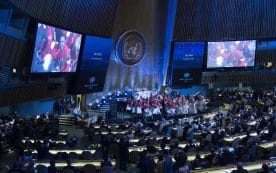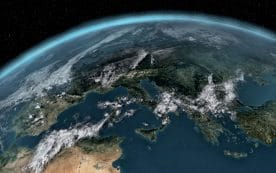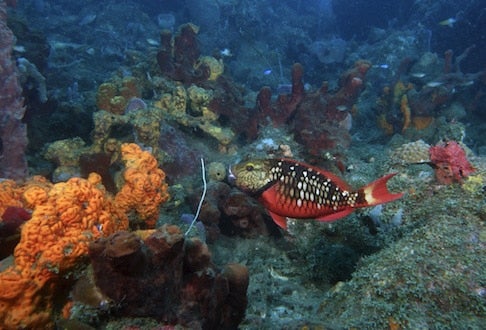
As part of the MaCoBioS programme – the Institute is among the participants – Dr Rémy Simide went to Martinique in October to study the island’s waters. The survey included an inventory of the seagrass meadows and the reefs, a study of the communities that populate them, taking cores in the corals, photogrammetry, and more.
MaCoBioS is a European programme aimed at studying biodiversity and coastal marine ecosystem services in a world in mutation, to better understand the way marine bioversity is coping with climate change. The programme participants today include eight universities, five research institutes, two SMEs and one international organisation.
Determining the coral structure of the site
The mission to Martinique included researchers from the Berlin Free University, the University of Portsmouth and Nova Blue Environment, as well as from the Institute. The research teams carried out monitoring of the corals, the fishes and the invertebrates using visual counts, acoustic recordings of the fauna and photogrammetric modelling of certain of the transects studied. “The aim”, explained Dr Simide, “was to determine the complexity and the coral structure of the site“.
Inventories of the seagrass meadows
The seagrass beds, in relation with the coral reefs, were also inventoried, as were their fish and invertebrate communities, again using hydrophones. “But beyond simply making an inventory, we have also assessed the quality of the meadows, including the density and the species that contribute to it, and carried out sediment sampling and coring. Among other things, this has enabled us to assess the carbon sequestration in the seagrass meadow.”
A palaeoclimatic study of the corals
The team from the Berlin Free University carried out coring in the corals as part of a palaeoclimatic study. The aim of the German team was to analyse the growth and the chemistry of the corals, an analysis that will provide a basis for reconstituting the alterations in the terrestrial runoff onto the reef, related to changes in patterns of use of the land in the vicinity. But also for better understanding how certain corals control their internal chemistry to facilitate the formation of the skeleton and how this mechanism reacts to the current acidification of the oceans and the thermal stress related to the rise in temperatures.
To learn more :
Link to the Institute’s website page : MaCoBios
Link to the MaCoBioS websiteLink to the MaCoBioS website

